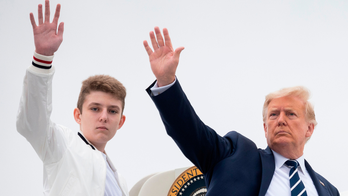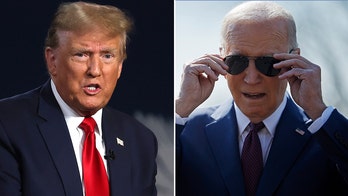A program launched in 2009 and designed to bring immigrants with specialized medical or language skills into the U.S. Army is set to double its recruitment caps to 3,000 enlistments.
By fiscal year 2016, that number will climb to 5,000 new recruits. The existing limit is just 1,500.
The Military Accessions Vital to the National Interest (MAVNI) offers U.S. citizenship after basic training is completed — without the need for a green card or lawful permanent residency, making it by far the fastest method to become a citizen, The Wall Street Journal reports.
“In this time of increased global conflict, the U.S. military needs smart and talented people like these immigrants, who continue the proud historical tradition of immigrants serving in America’s Army,” said retired Army Reserve lieutenant colonel Margaret Stock, according to The Wall Street Journal.
While usually the program attracts skilled foreigners in the U.S. on some sort of student or work visa, in September of last year, President Barack Obama expanded the program to allow for kids brought to the U.S., who have recently received deportation reprieve from Deferred Action for Childhood Arrivals (DACA), to apply.
As of April 2, just 43 have enlisted via DACA. The new DACA enlistees will start basic training near the end of this year.
Army data indicates that the average age of a MAVNI recruit is 26, with entrance Armed Forces Vocational Aptitude Battery examination scores 17 points above the norm. These recruits are less likely to drop out of the military and much more likely to have a college background.
Support from the program began to build after 9/11. Previously, only immigrants with residency or a green card were allowed to apply to the military. However, aliens under a variety of other visa categories have since been considered, so long as they serve a vital national interest. This national interest usually comes in the form of proficiency in high-demand languages like Mandarin, Urdu and Arabic. Officials have indicated that 44 different languages could make one eligible for the program.
Notably, Spanish is not one of them, raising questions as to how 43 recruits via DACA were able to qualify, especially if they are neither licensed health professionals nor speak one of the 44 languages in demand.
Army spokesman Hank Minitrez told The New York Times that the program was “extremely successful in filling our ranks with highly qualified soldiers who fill critical shortages.”




